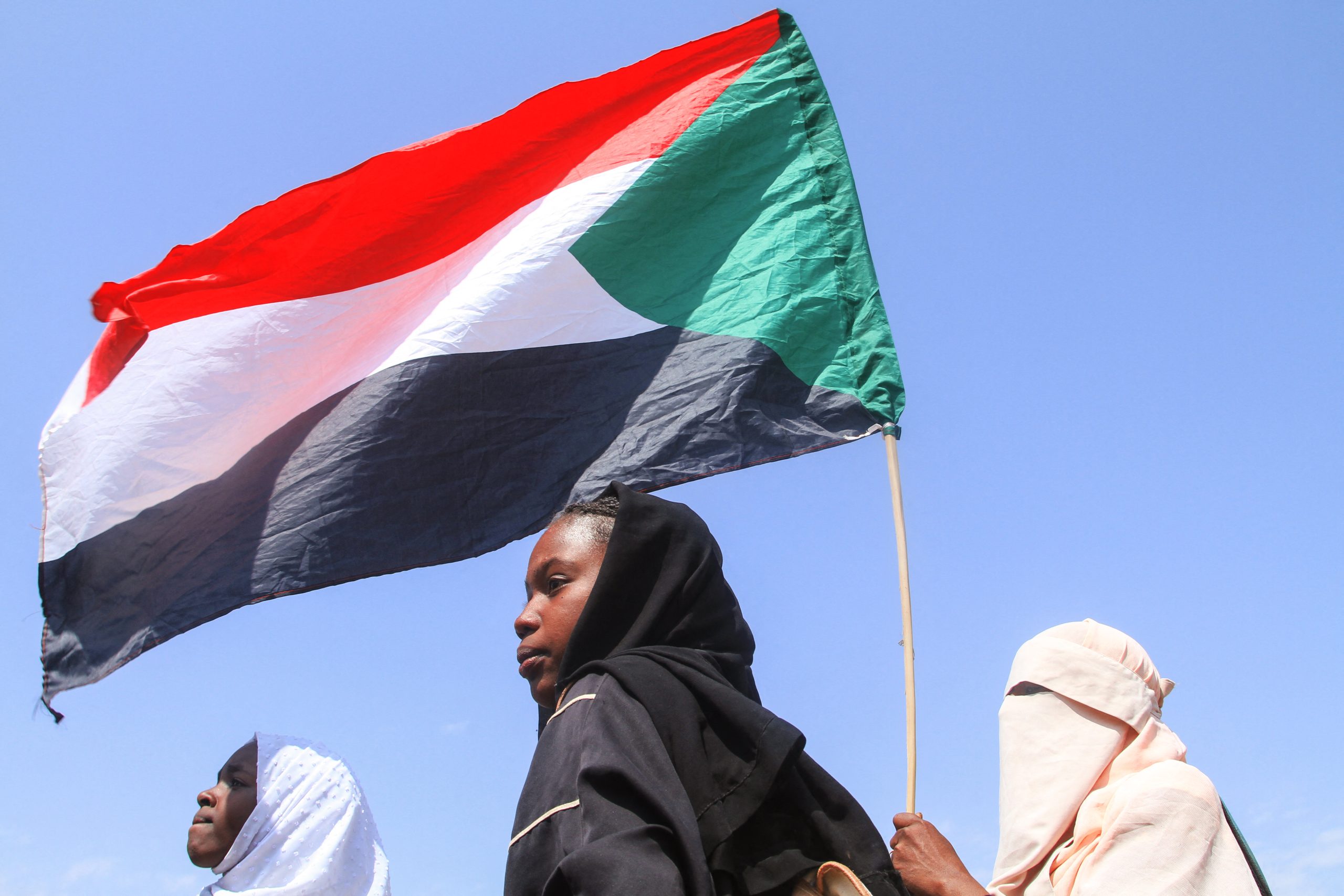Sudan’s El Fasher Falls: A Glimmer of Hope Amidst Despair?
Sudan’s brutal conflict continues to oscillate between moments of profound despair and faint glimmers of hope, a pattern that has defined the past two and a half years. As the Rapid Support Forces (RSF) recently seized El Fasher, the Sudanese army’s last stronghold in Darfur, after an agonizing 18-month siege, the nation teetered on the edge. Yet, even in this darkest hour, a small step towards peace offers a fragile counterpoint to the prevailing chaos.
The Fall of El Fasher: A Humanitarian Catastrophe
The RSF’s capture of El Fasher marks a significant turning point in the conflict. This strategic city, once a bastion of resistance, succumbed to the relentless pressure of the RSF, a paramilitary group that controls vast swathes of western Sudan. The RSF, infamous for its origins as the Janjaweed militias accused of atrocities in the Darfur region, has been accused of deliberately starving the city into submission. The siege has resulted in a catastrophic humanitarian crisis, with civilians bearing the brunt of the violence and deprivation. The loss of El Fasher not only weakens the Sudanese army’s position but also exacerbates the already dire situation for millions of civilians trapped in the crossfire.
A Flicker of Hope: Tentative Steps Towards Dialogue
Despite the grim reality on the ground, there are whispers of potential dialogue. International pressure, combined with the sheer exhaustion of the warring parties, may be creating a narrow window for negotiation. While concrete details remain scarce, any movement towards talks is a welcome development in a conflict characterized by intransigence and escalating violence. The challenge, however, lies in ensuring that any dialogue is inclusive and addresses the root causes of the conflict, including issues of power-sharing, resource allocation, and accountability for past atrocities.
Navigating a Complex Landscape: The Path Forward
The situation in Sudan remains incredibly fluid and unpredictable. The fall of El Fasher has emboldened the RSF, while simultaneously exposing the vulnerability of the Sudanese army. The path forward requires a multi-pronged approach that combines robust humanitarian assistance with sustained diplomatic efforts. The international community must prioritize the protection of civilians, ensure access for aid organizations, and hold those responsible for human rights violations accountable. Furthermore, a long-term solution necessitates addressing the underlying grievances and power imbalances that have fueled the conflict for far too long. Only through genuine dialogue and a commitment to inclusive governance can Sudan hope to escape its current nightmare and build a more peaceful and just future.
CONCLUSION:
The fall of El Fasher represents a deeply troubling chapter in Sudan’s ongoing conflict, highlighting the urgent need for a ceasefire and a comprehensive peace process. While the challenges are immense, the faint possibility of dialogue offers a glimmer of hope in an otherwise bleak landscape. The international community must seize this opportunity to work towards a sustainable solution that prioritizes the well-being of the Sudanese people and ensures a future free from violence and oppression.
Based on materials: Vox





